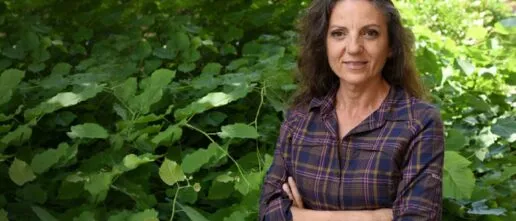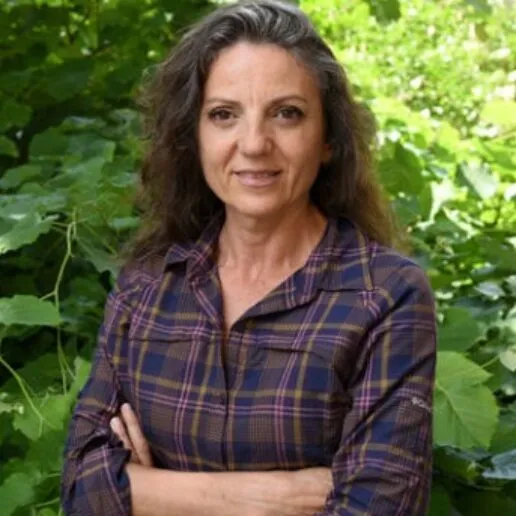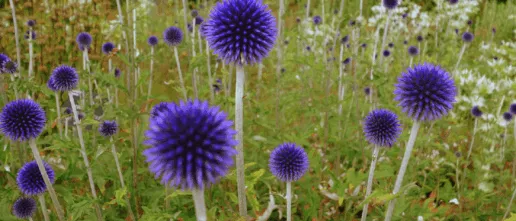Sandra Díaz is an ecologist interested in plant functional traits and syndromes, their effects on ecosystem properties, their contributions to human quality of life, and their interactions with global change drivers. She constructed the first global quantitative picture of essential functional diversity of vascular plants –the global spectrum of plant form and function. She has advanced theory and practical implementation of the concept of functional diversity and its effects on ecosystem properties and benefits to people. She combines her ecology studies with interdisciplinary work on how different societies value and reconfigure nature, having spearheaded transformative conceptual frameworks favouring pluralistic collaborations in environmental knowledge and action, including the notion of nature’s contributions to people.
She founded Núcleo DiverSus on Diversity and Sustainability, co-founded the Global Communal Plant Trait Initiative TRY, and co-chaired the Global Assessment of the Intergovernmental Platform on Biodiversity and Ecosystem Services. She is a Foreign Fellow of the British Royal Society, among other scientific academies, and has received several international scientific awards, including the BBVA Frontiers of Knowledge Award (2021), and the Royal Botanic Garden Edinburgh Medal (2022). Her permanent home is in Córdoba, Argentina, where she is a Professor at Universidad Nacional de Córdoba and a Senior Principal Investigator of CONICET.
Related News Articles

The Global Biodiversity Framework – Sandra Diaz
We were lucky enough to have a short conversation with Sandra Diaz, where we find out more about here involvement with the COP 15 Kunming-Montreal Global Biodiversity Framework. Listen to the Podcast here If you enjoy what she has to say, you can watch a full lecture from her here Some related articles as well as […]

Sandra Díaz awarded 2025 The Tyler Prize for Environmental Achievement
Sandra Díaz has been awarded the 2025 Tyler Prize for Environmental Achievement for her extraordinary work linking biodiversity to humankind.

New Global Index Aims to Help People and Nature Thrive Together
Researchers at Oxford University join the United Nations Development Programme to propose an optimistic, practical approach to inspire stronger action on nature.
Related Outputs
An aspirational approach to planetary futures
A new paper in Nature Prevailing frameworks to address planetary environmental challenges tend to focus on setting goals, targets, or boundaries to limit human harm to ecosystems or species. Here we propose an aspirational approach aimed at empowering people to shape a better future for all of life on Earth.
Nature Seminar Series. The new Global Biodiversity Framework the good, the bad and the narratives. Sandra Diaz
In December 2022, the parties to the Convention on Biological Diversity enshrined the Kunming-Montreal Global Biodiversity Framework (GBF). This policy instrument will structure all the global intergovernmental action on biodiversity during the next ten years. It is thus bound to have massive influence on what will be done (or not) in this field. I will […]


